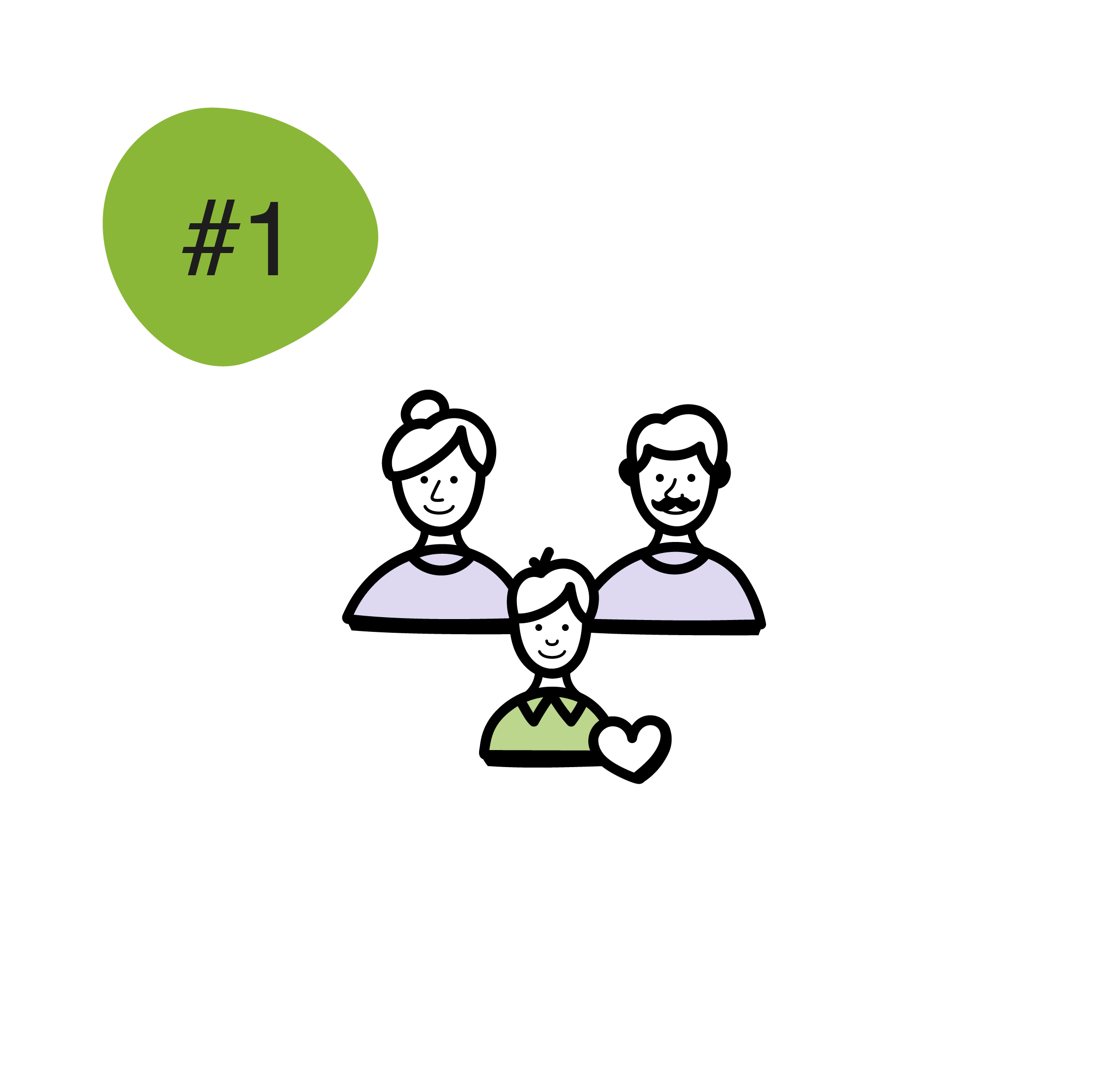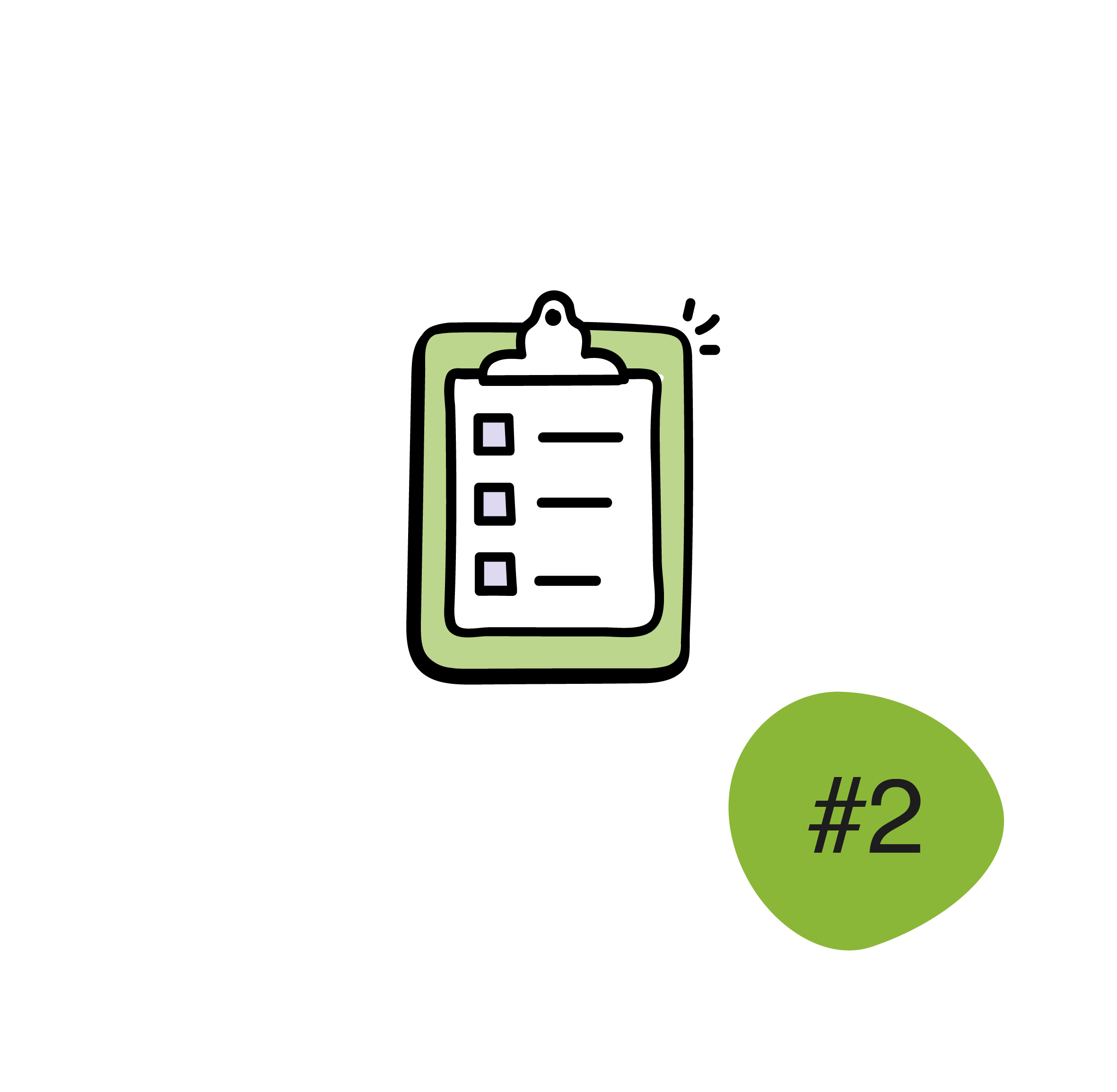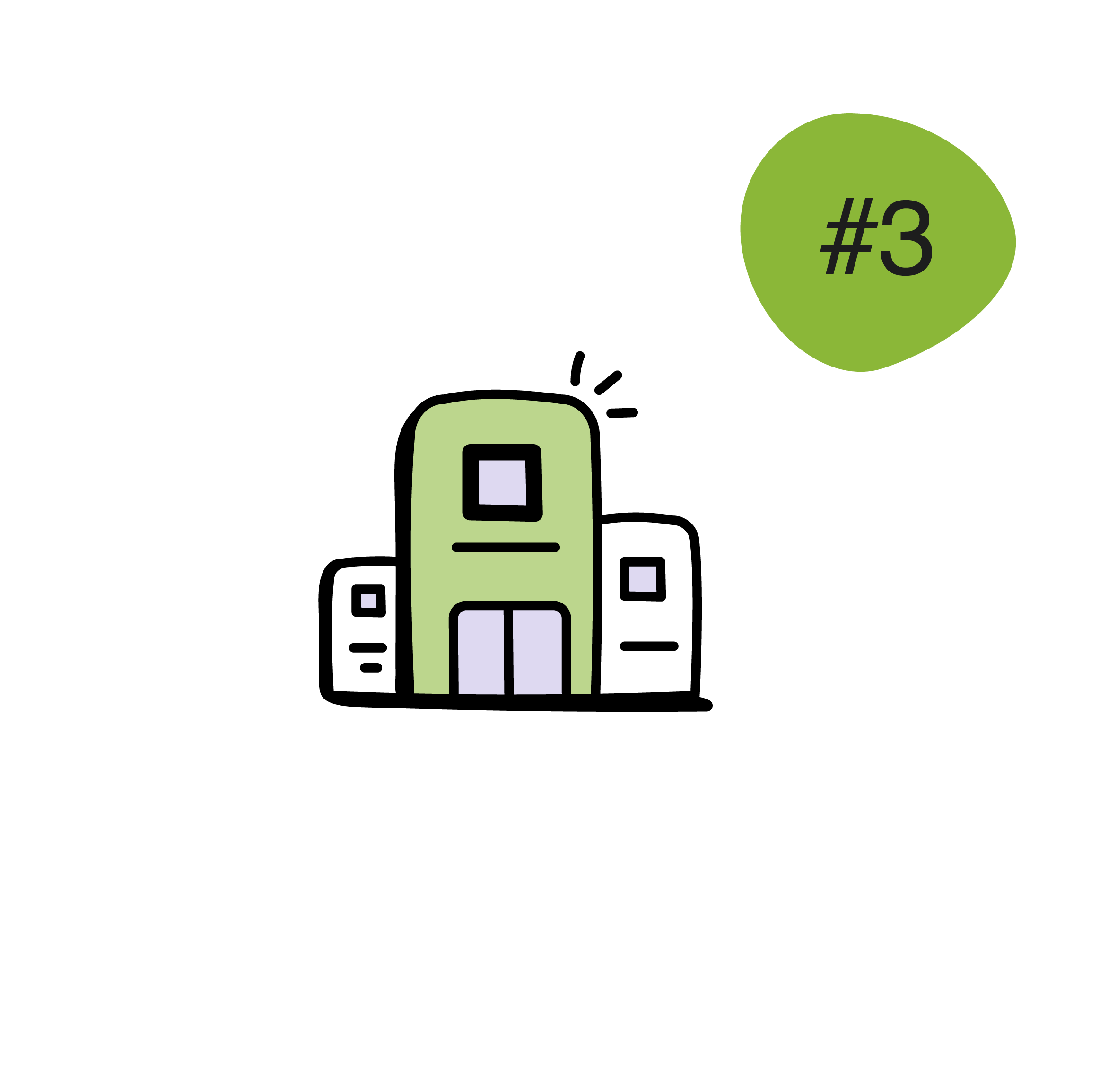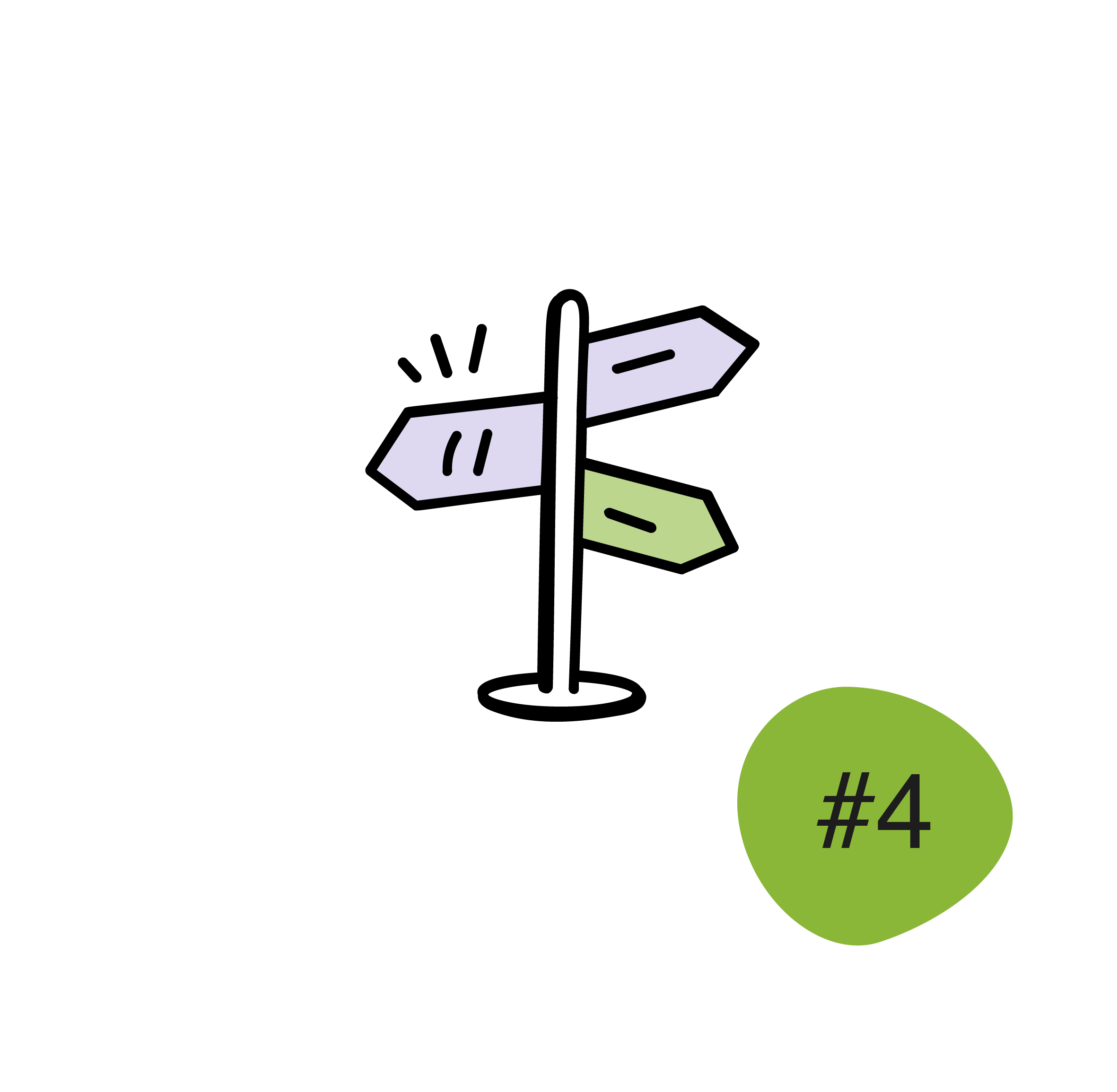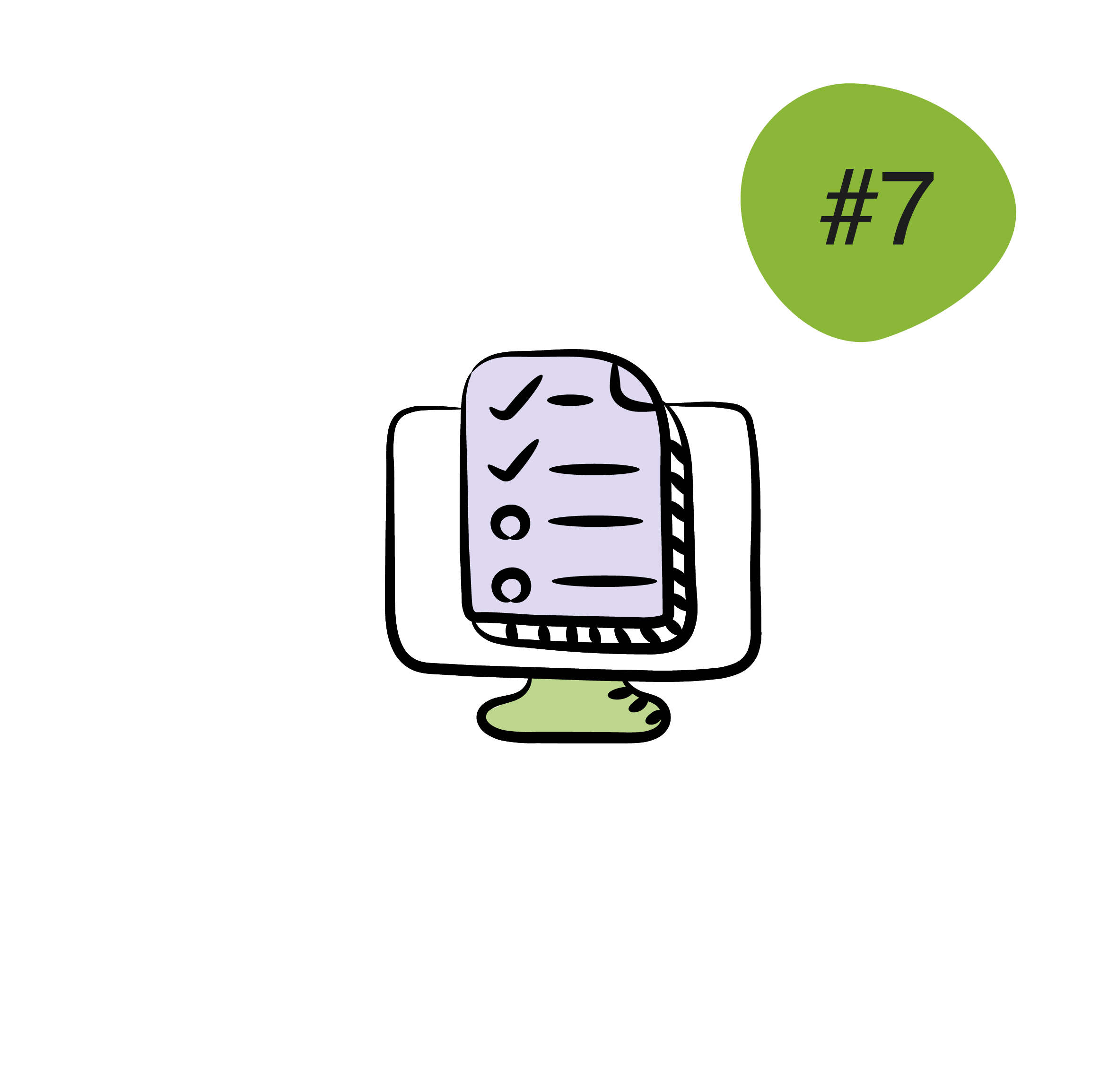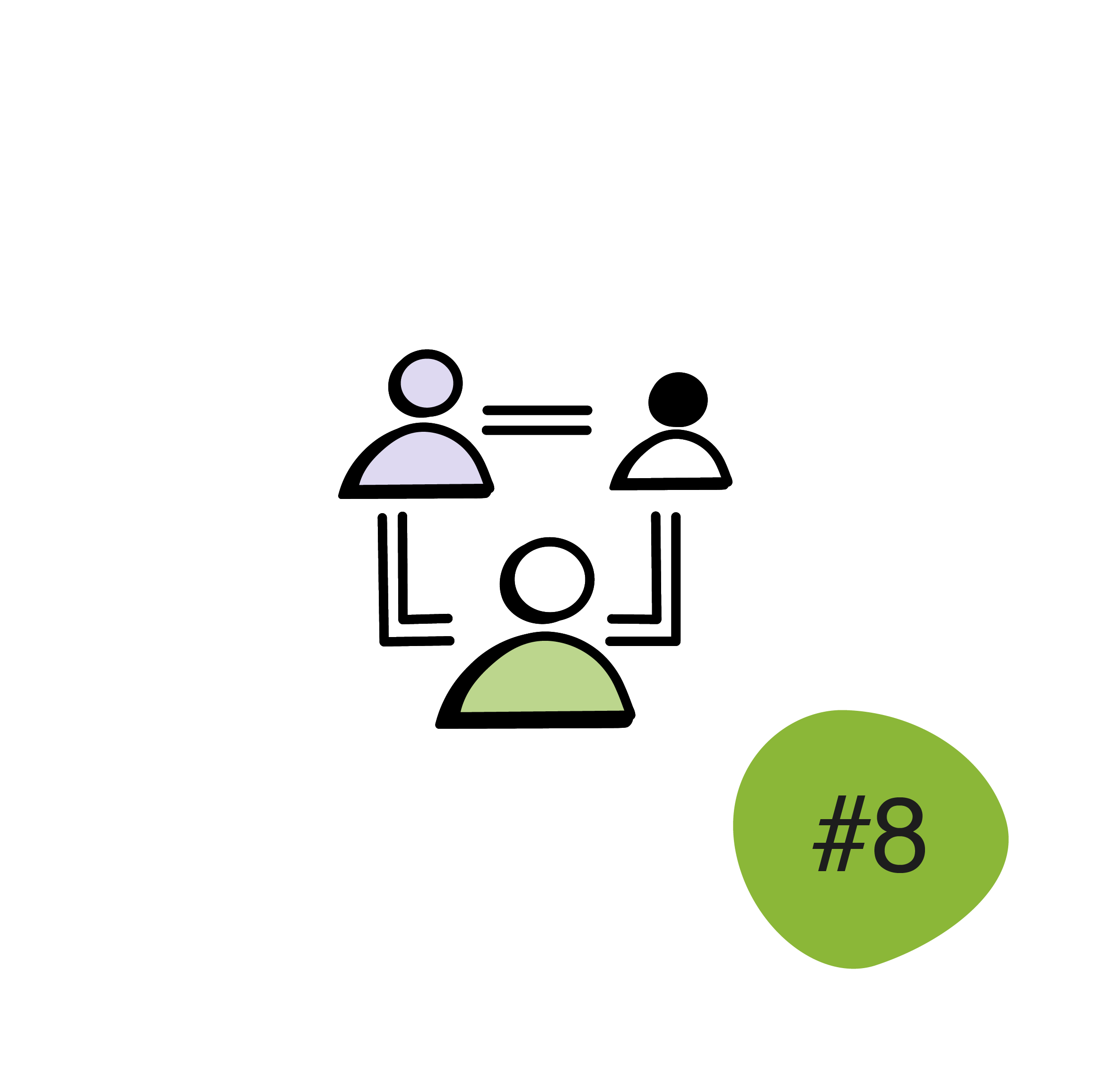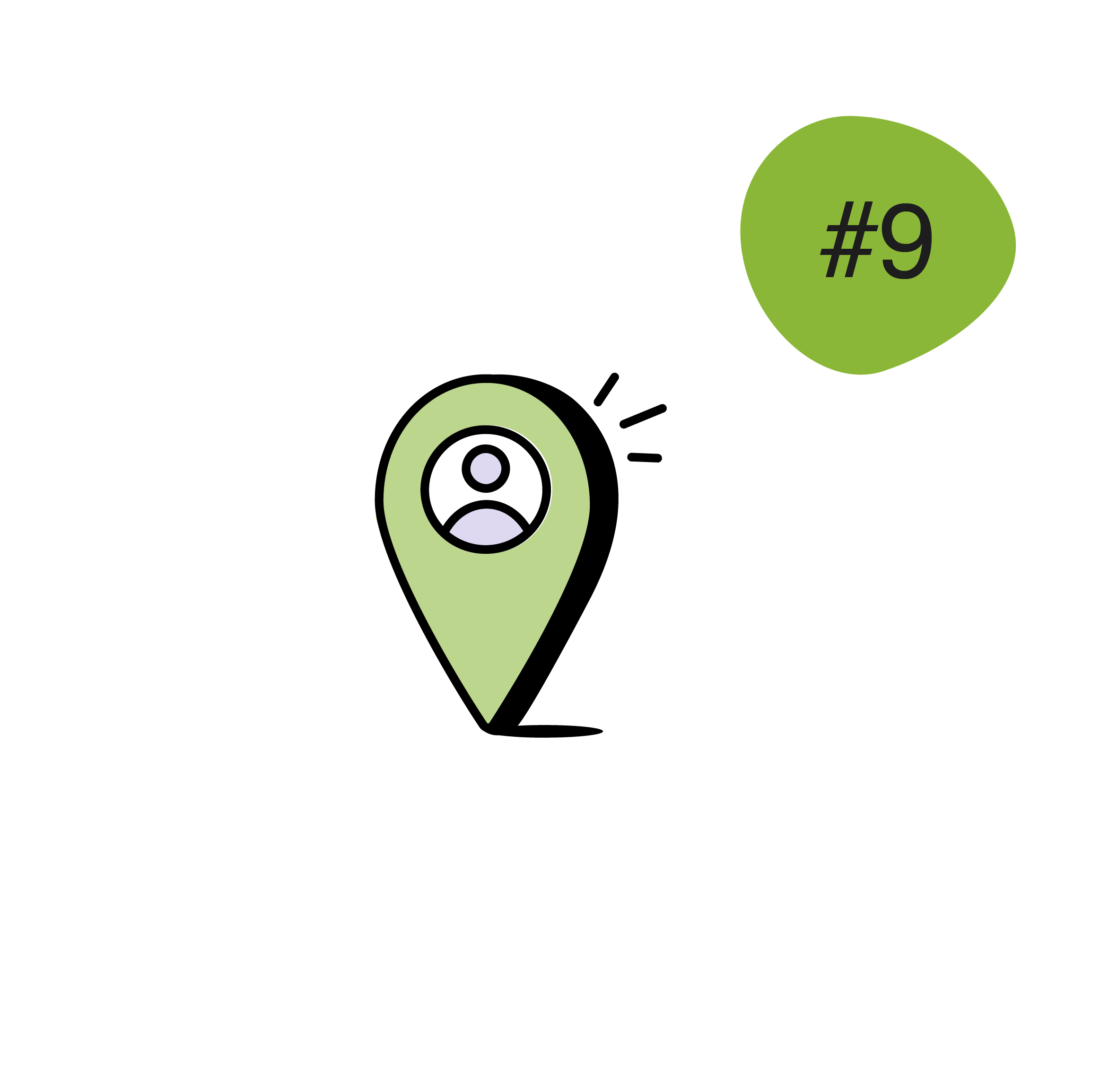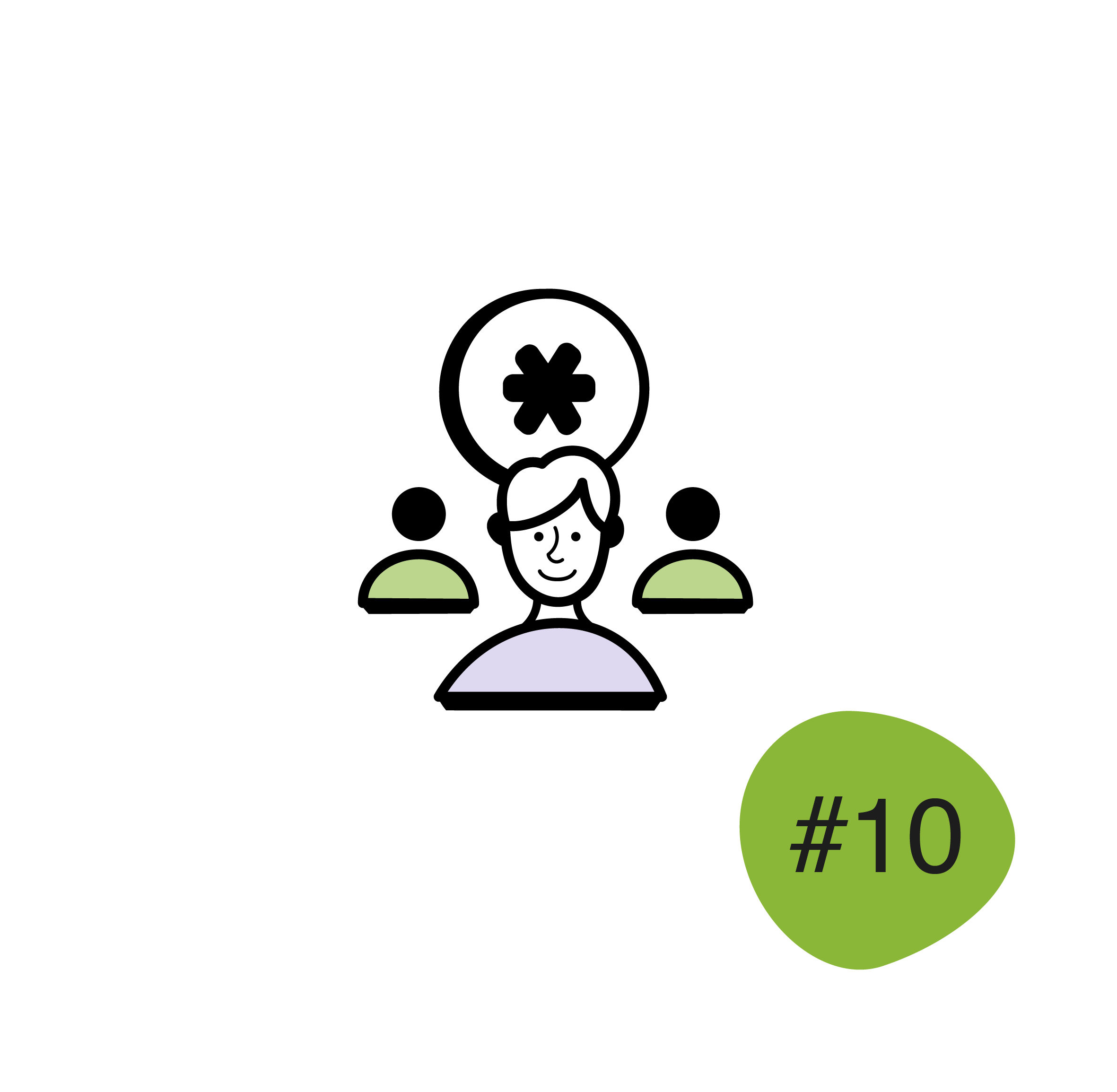Incredible things happen when we believe in children
The West Yorkshire Keyworker Service offers non-clinical support for children and young people (up to the age of 25) who have a learning disability and/or who are autistic and are supported by the Dynamic Support Register. Support is also offered for their families/carers. This includes those who are currently in mental health inpatient settings or are at risk of admission and those at risk of residential placement breakdown.



Please choose an option so we can direct you to the correct service
What does a keyworker do?
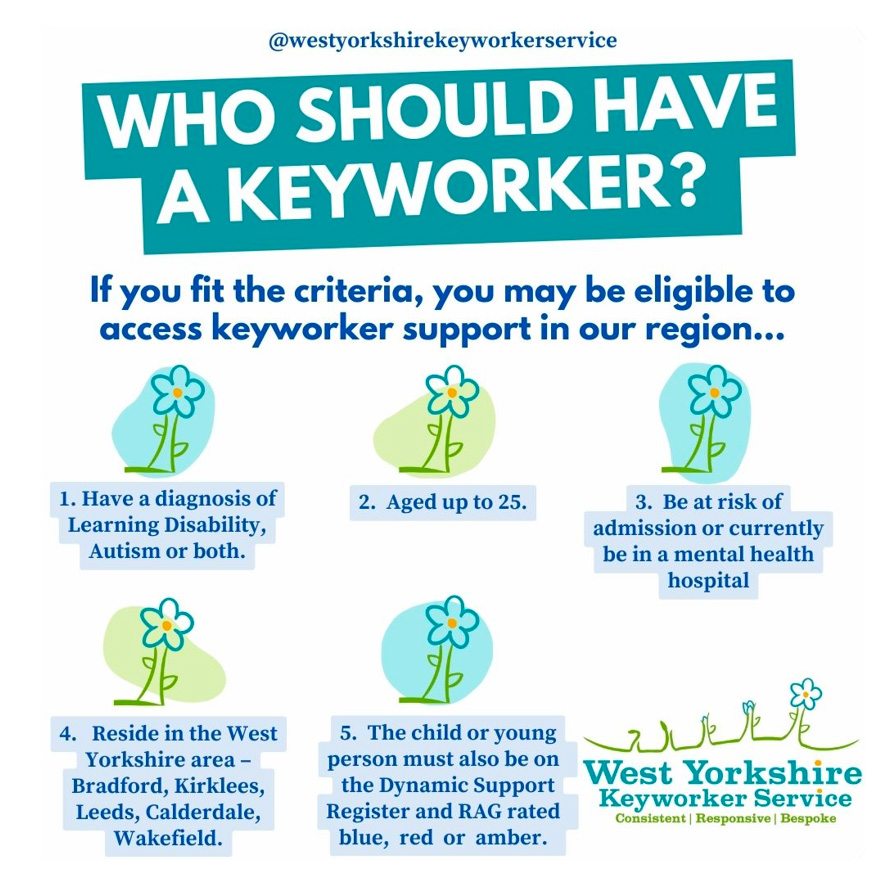
Who should have a Keyworker?
Children, young people and young adults up to the age of 25 who have a learning disability and/or who are autistic – living in West Yorkshire. They must be on the Dynamic Support Register in their local area and have a Risk Rating of Red, Amber or Blue.
A DSR or Dynamic Support Register is a register of people with learning disabilities and/or who are autistic who may need higher input from services and who may be at risk of being admitted to a specialist or mental health hospital. A meeting takes place regularly to discuss those individuals on the DSR to ensure their needs are being met.

Red is for people who are at high risk of going into hospital straight away.

Amber is for people who are at high risk of going into hospital if they do not get the right care and treatment soon.

Green is for people who are having their risks managed well at home.

Blue is for people who are already in hospital.
Why are we here?
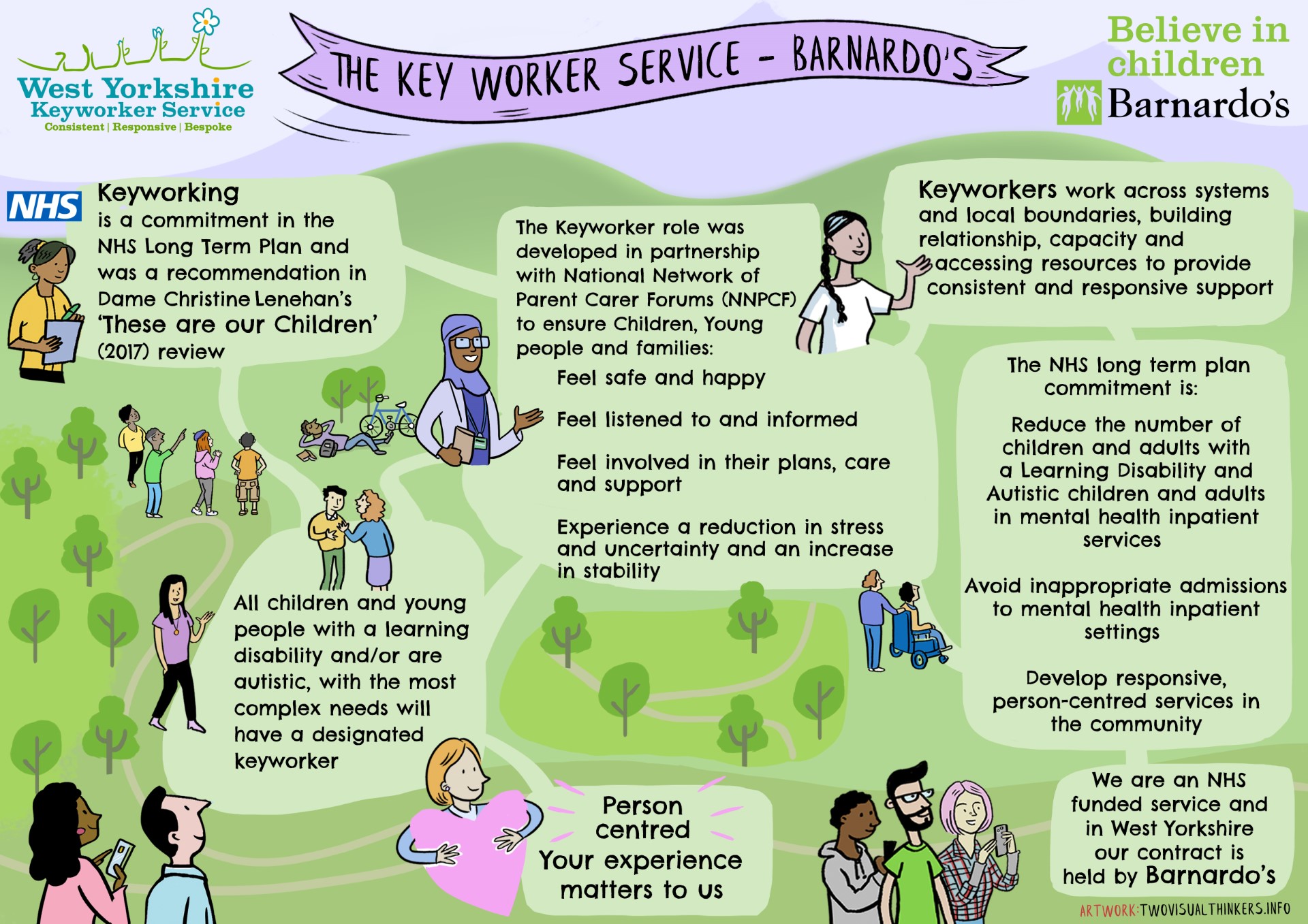
Under 18
18-25
Liz Fletcher
liz.fletcher@bdct.nhs.ukUnder 18
Pedzai Tsungu
wyicb-leeds.mhlda@nhs.net 0113 843271018-25
Emma Sherrard
wyicb-leeds.mhlda@nhs.net 0113 8432710Autism only 18-25
Andy Catley
wyicb-leeds.mhlda@nhs.net 0113 8432710Under 18
Charlotte Leckie/ Siobhan Taylor
DSRcalderdalekirklees@swyt.nhs.uk.18-25
Duty
DSRcalderdalekirklees@swyt.nhs.uk.U18
Charlotte Leckie/ Siobhan Taylor
DSRcalderdalekirklees@swyt.nhs.uk.18-25
Charlotte Leckie/ Siobhan Taylor
DSRcalderdalekirklees@swyt.nhs.uk.U18
Jo Rooney
wyicbwak.cypcommissioning@nhs.net jo.rooney1@nhs.net 01924 31773018-25
Michelle McVittie
wyicb-wak.ldandacommissioning@nhs.netAutism only 18-25
Michelle McVittie
wyicb-wak.ldandacommissioning@nhs.netWhere is the service available?
In West Yorkshire, the Keyworker Service works alongside and takes referrals from the Dynamic Support Registers (DSR). There are DSRs for each of the 5 areas. In each area there is a DSR for under 18’s and a separate one for adults 18+.There are a mix of learning disability and autism or autism only registers and meetings. They take place weekly, fortnightly or monthly depending on area. Please click on the areas below for area specific contact details.
Frequently asked questions

How long will you work with a young person?

When a young person enters the service we will review their needs in conversation with the young person, family, care coordinator and wider team. We review this regularly to monitor progress and the role for the keyworker. We develop a person-centred action plan and this is reviewed every twelve weeks. The roles are identified at the beginning of the piece of work and whilst we support other professionals, we complete actions in line with the keyworker competencies.

How do you work with the Dynamic Support Register (DSR)?

All our referrals come through the DSR. The lead professional will attend the DSR to initially discuss the young person and their needs. If keyworker criteria is met then a keyworker referral will be offered. The lead professional is responsible for completing the referral.
The DSR meetings are important because we ascertain information, provide updates about our work as well as share an update on the wider professional network. We attend all meetings across the West Yorkshire area and these meetings can inform our work moving forward. We will keep the DSR updated if there are changes e.g. escalation of need, step down or closure.
Children and young people who are RAG rated green would not meet the keyworking criteria for referral.

Will you be working clinically with the young person e.g. counselling/CBT?

No. We take a non-clinical approach and there are clear boundaries about professional roles and responsibilities. There will be other professional who will support with these medical areas of work.

Are you able to help with practical issues such as benefits and housing?

We will signpost you to the relevant professionals who will complete these actions. The lead professional will support this with the family.

What if a young person is admitted to a hospital out of area – will they lose the keyworker?

We will review this with the multi-disciplinary team and will assess the need of the young person. It is important that we work with local services who hold local knowledge as well as consider local keyworker services. We will keep the young person at the centre of all discussions, actions, and planned moves if appropriate.

Do you provide advocacy?

We are not an advocacy service. We will advise and signpost to relevant advocacy services. We listen and represent the young person’s views in meetings. We will challenge and influence as part of our role however advocacy is not within the keyworker competencies. The keyworker can and may refer to a local advocacy service if required.

Are people able to re-access the service or is it just a one-time offer?

We understand the needs of children and young people can change. The young person would need to meet the service criteria for a re-referral. Please see the referral criteria on the resource page. Young people can be re-referred back to the service as per the referral process.

What does step down mean?

Step down takes place where keyworking has demonstrated sustained positive change and/or the keyworker role and action plan demonstrates no further need for the keyworker. We understand that endings can be challenging for our young people and families, so we take a person centred approach and we tailor step down to them.
Step down is a period of time where we may reduce visits, contact and check-ins will take place by phone for example. This will be a steady move towards closure where keyworker will assess the ongoing need. If there is an escalating need during the step down period, the keyworker will discuss this with the professional network and support can be increased.

Can parents self-refer to the keyworker service?

No, all the referrals come through the DSR. The lead professional should complete the referral with the family and gain consent. We will not accept referrals without the family and young person’s (where appropriate) consent.

How long will you work with my child/young person?

There is no set amount of time. The length of time a keyworker will work with you and your child is dependent on what support you need, and this is reflected on your risk rating from the Dynamic Support Register. We develop a person-centred action plan and this is reviewed every twelve weeks. When things are more settled and feel manageable, we would begin to look at a process called Step down. (Link)

What does step down mean?

This is when keyworking has demonstrated sustained positive change for you and/or the keyworker role/action plan demonstrates no further need for a keyworker. We understand endings can be challenging for our young people and their families, so we take a person-centred approach, we tailor step down to you keep you updated.

Why should we have another professional, we already have so many involved?

With so many professionals involved, the voice of your young person and their family is often lost, and sometimes you are not kept informed about what is happening with their care. We recognise this creates an additional burden of communication with the system for families. Keyworkers can reduce some of this load by challenging and influencing decision making and keeping the voice of the young person and their family at the centre.


Will you be working clinically with the young person eg: counselling/CBT?

We do not work in a clinical way, and we don’t offer therapy, instead, we offer a wide range of social support bespoke to your child/young person’s needs.

Can you take young people out to activities, trips and visits as we don’t have a PA?

This is not a regular offer, we are not personal assistants however our work does involve connecting young people to community activities/hobbies and we can offer support with introductions to these. However, this is risk assessed and could only be introductory and not a weekly commitment. Your keyworker can support sessions with your child out in the community such as going for walks,

Are we able to re-access the service or is it just a one time offer?

Your child/ young person can access and re-access the service if they are 25 and under and meet the criteria for the DSR.

Are you able to help with practical issues such as benefits and housing?

Keyworkers have a good knowledge of local services and organisations. Keyworkers can signpost and support you to access the information you need. We can also help with practical tasks such as supporting letters or helping you complete forms/attend appointments.

What if a young person is admitted to a hospital out of area – will they lose the keyworker?

We will review this with the multi-disciplinary team. It is important that we work with local services to assess the need of your child and who holds local knowledge, as well as consider local keyworker services available. We will keep you and your child at the centre of all our discussion, actions and planned moves, if appropriate.

Will they lose the Keyworking Service when they turn 18?

We recognise transition to adult services can be a challenging time for you and your child, and our keyworkers will support transition to ensure access for ongoing needs.

My child has multiple needs, are you still able to work with them?

Keyworkers work holistically to support each young person and attempt to meet all their needs, the best they can. We will also work as part of your wider professional group to ensure care is joined up.

Do you provide advocacy?

We work in an advocating way however we are not advocates
We are not an advocacy service, we can signpost to this service and we do share the voice of the young people and family to enable direct support from professionals.

How long will you work with me?

There is no set amount of time. The length of time a keyworker will work with you is dependent on what support you need, and this is reflected on your risk rating from the Dynamic Support Register. We develop a person-centred action plan and this is reviewed every twelve weeks. When things are more settled and feel manageable, we would begin to look at a process called Step down. (Link)

What does step down mean?

This is when keyworking has demonstrated sustained positive change for you and/or the keyworker role/action plan demonstrates no further need for a keyworker. We understand endings can be challenging for our young people and their families, so we take a person-centred approach and we tailor step down to you.

Can you take me out on activities, trips and visits?

This is not a regular offer, we are not personal assistants however our work does involve connecting you to community activities/hobbies and we can offer support with introductions to these. However, this is risk assessed and could only be introductory and not a weekly commitment. Your keyworker can support sessions with you out in the community such as going for walks.

I can find it hard to engage with new professionals, what do you do to help this?

We will be led by you and happy to communicate through different channels. We support individuals based on their needs. All keyworkers have a one page profile which is information about individual keyworkers to introduce you to them. There is no expectation or rush, we know it can take time to get to know us.

Are you able to help with practical issues such as benefits and housing?

Keyworkers have a good knowledge of local services and organisations. Keyworkers can signpost and support you to access the information you need. We can also help with practical tasks such as supporting letters or helping you complete forms/attend appointments.

Testimonials
“I nearly turned this down, but I am so glad I didn’t, it was a game changer…. our keyworker was consistent, got things done, improved communication because you feel like you’re forever chasing people. Our keyworker held people accountable for what they agreed.”






